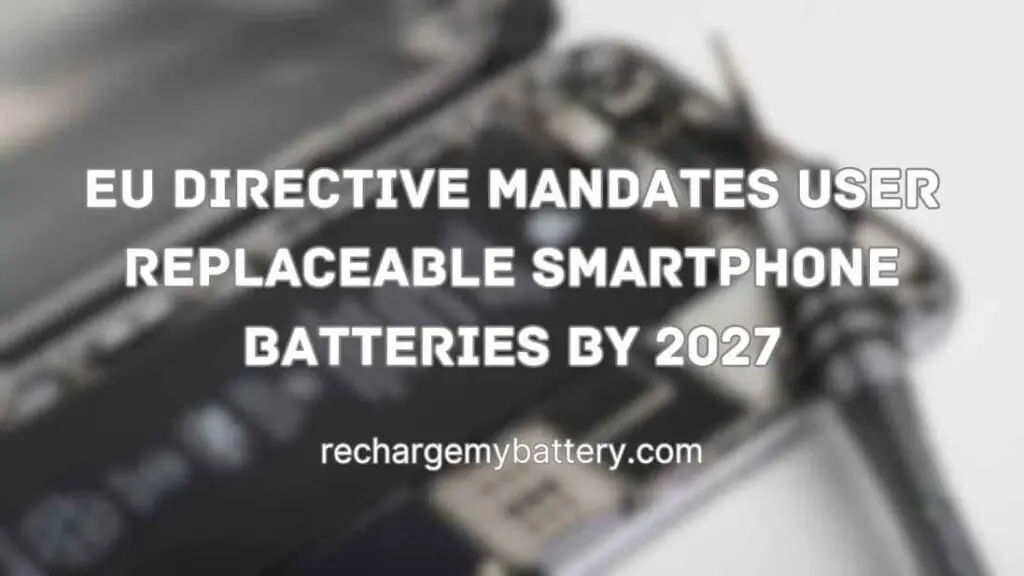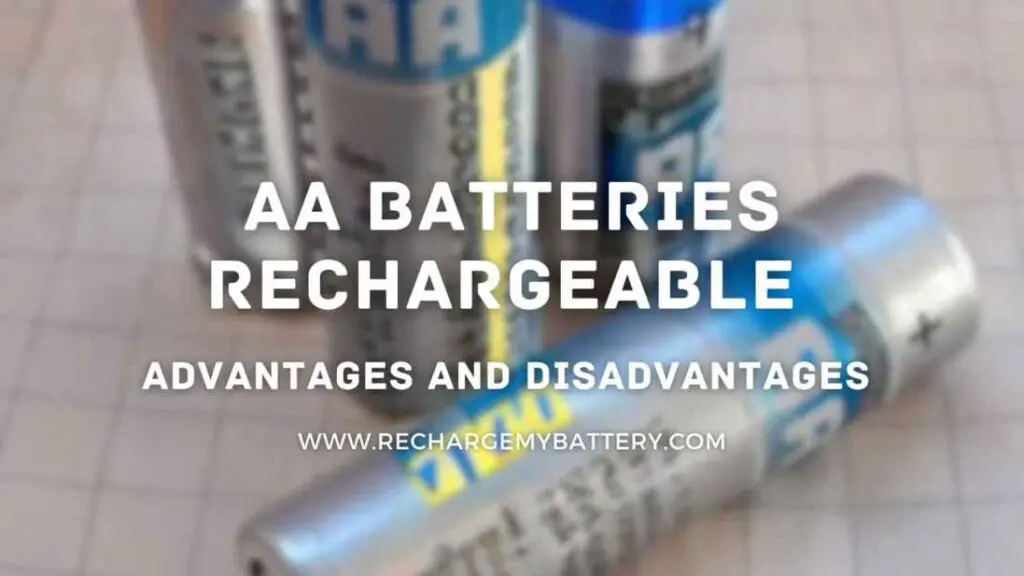The European Parliament has passed groundbreaking legislation requiring smartphones to have easily replaceable batteries. Let us discover the implications for manufacturers, the impact on waste management, and the timeline for implementation.
EU Directive Revolutionizes Smartphone Battery Design
The European Parliament Takes a Stand on User-Replaceable Batteries. In a significant move, the European Union (EU) has embraced a new era for smartphones by mandating that consumers should be able to replace their device batteries effortlessly.
Recent regulations approved by the European Parliament will govern the design, production, and recycling of all rechargeable batteries sold within the EU.
A Paradigm Shift for Mobile Device Manufacturers
Rethinking Battery Design: The Implications for Smartphone and Tablet Makers. Under the new EU rules, manufacturers of electric vehicles, light means of transport (such as electric scooters), and rechargeable industrial batteries exceeding 2kWh will be required to provide carbon footprint declarations, labels, and digital passports.
However, it is the “portable batteries” used in smartphones, tablets, and cameras that face the most significant change—consumers must have the ability to easily remove and replace them.
This requirement presents a challenge for smartphone and tablet manufacturers, as current designs often feature sealed batteries that necessitate specialized tools and expertise for safe replacement.
Notably, Apple has already been compelled by the EU to switch from its proprietary Lightning port to the more universal USB-C port on iPhones. Now, manufacturers must find ways to grant access to batteries within their future devices, including Apple’s upcoming iPhone 15.
A Sustainable Approach to Battery Waste Management
Stringent Targets for Waste Collection and Material Recovery. The new EU regulations also establish ambitious targets for waste collection and material recovery from old batteries. The prescribed percentages will progressively increase at intervals until 2031, when waste collection must reach 61%, and material recovery should achieve 95% from old portable batteries. Additionally, there will be mandatory minimum levels of recycled content in new batteries, but this requirement will take effect “eight years after the regulation comes into force.”
Strong Backing for the EU Directive
European Parliament’s Overwhelming Support and the Road Ahead. The new rules received overwhelming support from members of the European Parliament, with 587 votes in favor, only nine against, and 20 abstentions. Following this endorsement, the European Council must formally approve the text before its publication in the EU Official Journal. The law is expected to go into effect in early 2027, though the EU retains the option to delay implementation if manufacturers demonstrate the need for more time to comply.
Conclusion
The EU’s groundbreaking directive on user-replaceable smartphone batteries marks a significant shift in the industry. Manufacturers will need to reevaluate their device designs to accommodate easy battery replacement, while also meeting stringent waste management targets. This move highlights the EU’s commitment to sustainability and empowers consumers by providing them with greater control over their smartphone batteries. Thank you for reading it.


